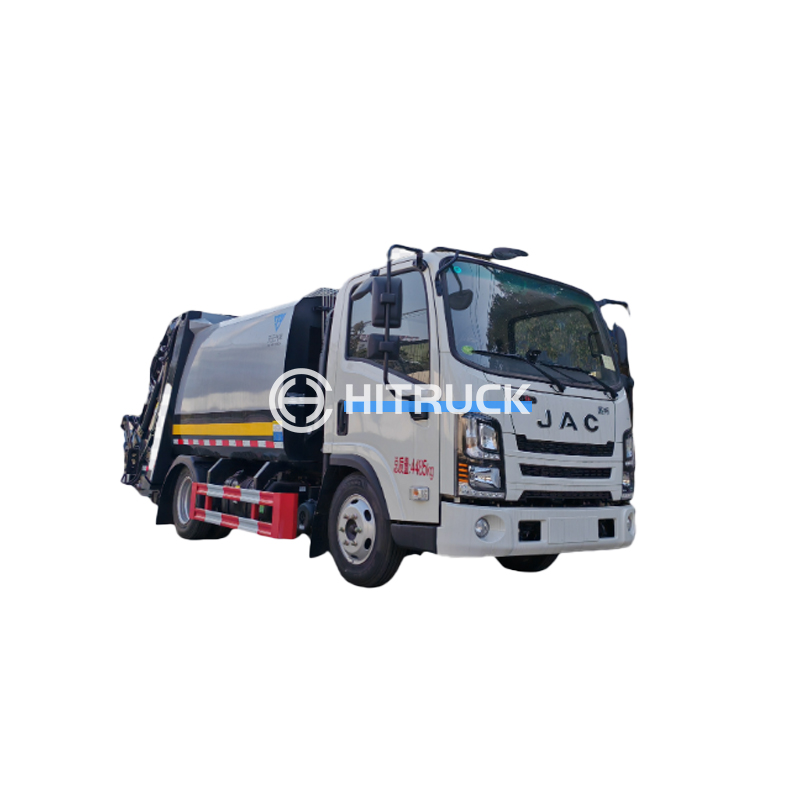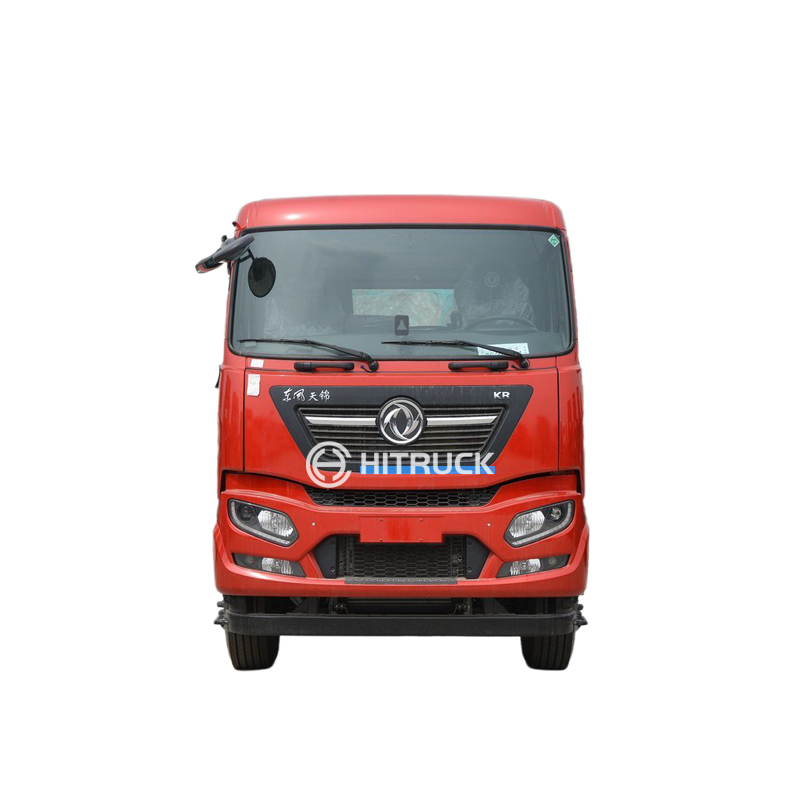This guide provides a comprehensive overview of heavy trucks, covering their types, applications, maintenance, and key considerations for purchase. We delve into the specifications, technologies, and factors to consider when choosing the right heavy truck for your specific needs. Learn about the latest advancements and how to optimize your operations with the ideal heavy truck fleet.
Class 8 heavy trucks are the largest and most powerful, typically used for long-haul trucking, heavy hauling, and construction. They boast high gross vehicle weight ratings (GVWR) and are designed for maximum payload capacity. Popular examples include models from Freightliner, Kenworth, and Peterbilt. These trucks often feature advanced driver-assistance systems (ADAS) for improved safety and fuel efficiency. At Suizhou Haicang Automobile sales Co., LTD (https://www.hitruckmall.com/), you can find a variety of Class 8 options to fit your business needs.
Medium-duty heavy trucks (Classes 6-7) bridge the gap between light-duty trucks and Class 8 models. They are versatile and used in a range of applications, including delivery, local hauling, and municipal services. These trucks offer a balance of payload capacity and maneuverability, making them ideal for urban environments.
Beyond standard configurations, numerous specialized heavy trucks cater to niche industries. This includes dump trucks for construction, concrete mixers for the building industry, and refrigerated trucks for the food and beverage sector. The choice depends heavily on the specific demands of the operation. For example, a logging truck requires a different chassis and design than a tanker truck.
The gross vehicle weight rating (GVWR) represents the maximum weight of the truck, including its payload, and the curb weight. Understanding the GVWR is critical to ensure the heavy truck can handle the intended load. Exceeding the GVWR can lead to safety risks and legal issues. You'll want to carefully consider the typical weight of the goods you'll be transporting and select a heavy truck with sufficient capacity.
The engine type (diesel or alternative fuel) and transmission (manual or automatic) significantly influence fuel efficiency, performance, and maintenance costs. Diesel engines are prevalent in heavy trucks due to their high torque output, but alternative fuel options are gaining traction. Choosing the right engine and transmission depends on the type of operation and driving conditions. Factors like topography and load weight heavily influence this choice.
Fuel costs represent a significant operational expense for heavy truck owners. Features like aerodynamic design, advanced engine technology, and driver training can improve fuel economy. Modern heavy trucks often incorporate technologies to monitor and optimize fuel consumption.
Regular maintenance is essential for preventing costly breakdowns and ensuring the longevity of the heavy truck. Factors to consider include the availability of parts, the cost of maintenance, and the expertise of local mechanics. Consider the long-term maintenance implications when choosing a specific model and brand.
ADAS features, such as lane departure warnings, adaptive cruise control, and automatic emergency braking, significantly improve safety and reduce accidents. These systems are becoming increasingly common in modern heavy trucks.
Telematics systems allow for real-time monitoring of truck location, performance, and driver behavior. This data is invaluable for fleet management, optimizing routes, and improving efficiency. Many modern heavy trucks are equipped with telematics capabilities as standard features.
Selecting the right heavy truck involves careful consideration of various factors, including intended application, budget, fuel efficiency requirements, and maintenance costs. Thorough research and consultation with industry professionals are crucial for making an informed decision. Suizhou Haicang Automobile sales Co., LTD can assist you in finding the perfect heavy truck to meet your specific needs.
| Feature | Class 6-7 | Class 8 |
|---|---|---|
| GVWR | 14,000 - 33,000 lbs | 33,001 lbs and up |
| Typical Use | Delivery, Local Hauling | Long-Haul, Heavy Hauling |
| Maneuverability | High | Lower |
Disclaimer: This information is for general guidance only and does not constitute professional advice. Always consult with relevant professionals before making any purchasing decisions.












